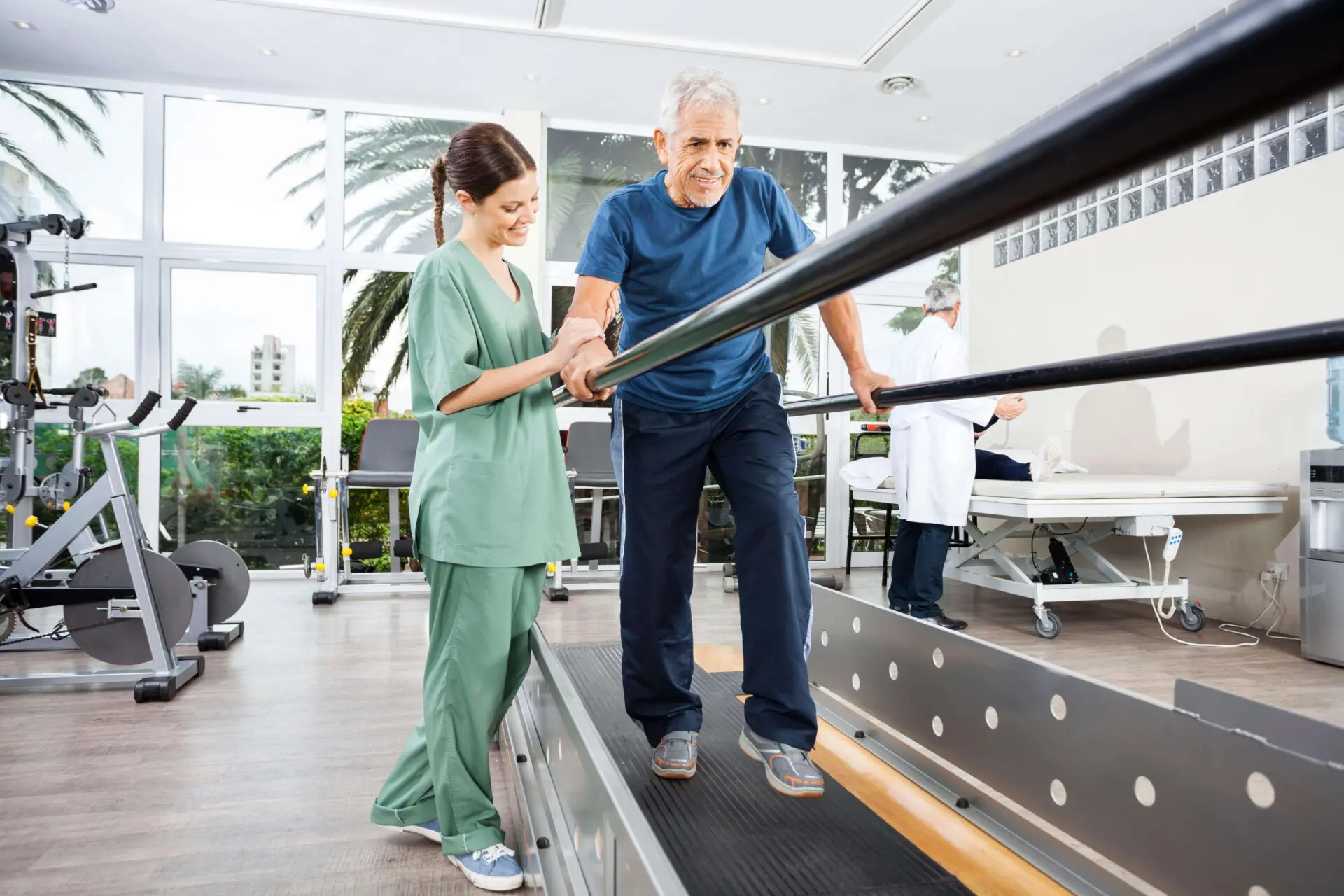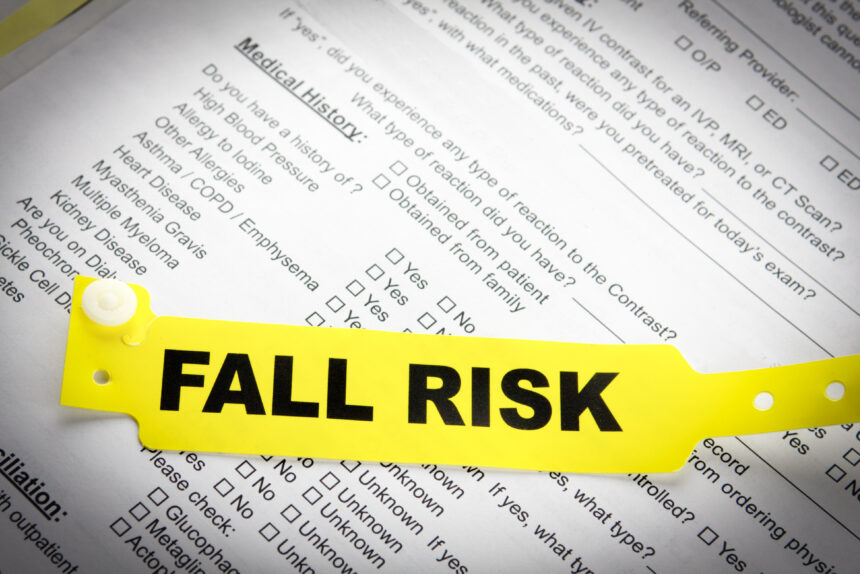The Best Guide To Dementia Fall Risk
Table of ContentsHow Dementia Fall Risk can Save You Time, Stress, and Money.Not known Details About Dementia Fall Risk The Main Principles Of Dementia Fall Risk The 30-Second Trick For Dementia Fall Risk
An autumn risk analysis checks to see just how most likely it is that you will certainly drop. It is mostly provided for older adults. The evaluation usually includes: This consists of a series of concerns concerning your general wellness and if you have actually had previous falls or problems with balance, standing, and/or strolling. These devices test your toughness, equilibrium, and stride (the way you stroll).STEADI consists of testing, examining, and intervention. Interventions are referrals that might lower your danger of dropping. STEADI consists of three steps: you for your risk of dropping for your danger elements that can be enhanced to try to prevent falls (as an example, balance troubles, impaired vision) to decrease your danger of dropping by making use of efficient strategies (as an example, giving education and sources), you may be asked a number of questions consisting of: Have you fallen in the past year? Do you really feel unstable when standing or strolling? Are you bothered with falling?, your service provider will certainly examine your stamina, balance, and stride, utilizing the complying with fall evaluation tools: This examination checks your stride.
If it takes you 12 seconds or more, it might imply you are at higher threat for a fall. This examination checks stamina and equilibrium.
The placements will get more difficult as you go. Stand with your feet side-by-side. Move one foot halfway onward, so the instep is touching the big toe of your other foot. Move one foot fully before the various other, so the toes are touching the heel of your other foot.
Everything about Dementia Fall Risk
The majority of drops take place as an outcome of numerous adding variables; as a result, managing the risk of falling begins with determining the elements that contribute to fall risk - Dementia Fall Risk. Some of the most appropriate danger elements consist of: History of prior fallsChronic medical conditionsAcute illnessImpaired stride and equilibrium, reduced extremity weaknessCognitive impairmentChanges in visionCertain risky medicines and polypharmacyEnvironmental elements can also increase the risk for drops, including: Insufficient lightingUneven or damaged flooringWet or unsafe floorsMissing or harmed handrails and get barsDamaged or incorrectly equipped equipment, such as beds, wheelchairs, or walkersImproper use assistive devicesInadequate guidance of individuals staying in the NF, consisting of those who exhibit hostile behaviorsA successful fall threat administration program requires an extensive clinical analysis, with input from all participants of the interdisciplinary team
.png)
The care strategy ought to additionally include interventions that are system-based, such as those that advertise a risk-free environment (ideal illumination, hand rails, get hold of bars, and so on). The performance of the interventions need to be evaluated occasionally, and the care plan modified as necessary to show adjustments in the loss danger assessment. Carrying out an autumn danger management system using evidence-based finest method can reduce the prevalence of drops in the NF, while limiting the potential for fall-related injuries.
Dementia Fall Risk for Dummies
The AGS/BGS standard suggests evaluating all grownups matured 65 years and older for loss risk yearly. This testing includes asking individuals whether they have actually dropped 2 or even more times in the previous year my link or looked for clinical attention for a fall, or, if they have not fallen, whether they feel unstable when strolling.
Individuals that have actually fallen as soon as without injury must have their equilibrium and stride reviewed; those with gait or balance irregularities need to receive additional evaluation. A history of 1 autumn without injury and without gait or balance troubles does not require further analysis past continued annual loss danger screening. Dementia Fall Risk. An autumn threat evaluation is needed as part of the Welcome to Medicare exam

How Dementia Fall Risk can Save You Time, Stress, and Money.
Documenting a drops background is one of the quality indications for fall prevention and monitoring. Psychoactive medications in specific are independent predictors of drops.
Postural hypotension can commonly be alleviated by minimizing the dose of blood pressurelowering medications and/or stopping medicines that have orthostatic hypotension as an adverse effects. Use above-the-knee assistance pipe and copulating the head of the bed elevated may likewise decrease postural decreases in blood pressure. The advisable aspects of a fall-focused health examination are received Box 1.

A TUG time better than or equal to 12 secs suggests high loss risk. Being incapable to stand up from a chair of knee height without making use of one's arms suggests raised autumn threat.